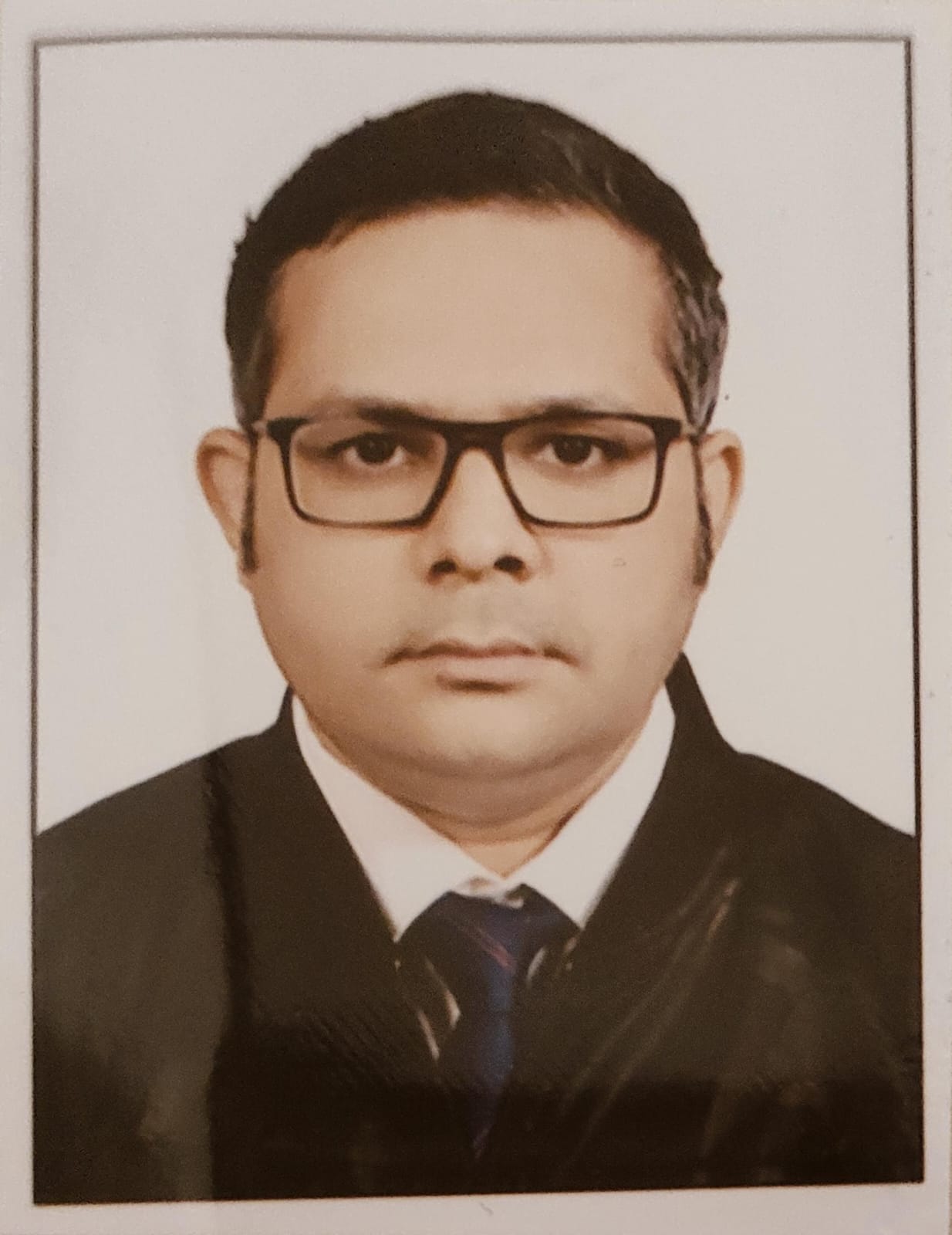The English Department in educational institutions is a vibrant and dynamic hub where students and scholars delve into the rich tapestry of literature, language, and cultural studies. It encompasses a broad range of subjects, from classic literature to contemporary texts, from linguistic theory to practical communication skills. Here’s an overview of what makes an English Department an essential and exciting part of academia.
1. Core Areas of Study Literature
Historical and Modern Works: Students explore texts from different periods, such as the Renaissance, Victorian, Modernist, and Postmodernist eras. Classic authors like Shakespeare, Austen, and Dickens are studied alongside contemporary writers like Toni Morrison, Margaret Atwood, and Salman Rushdie.
Genres and Form: The curriculum includes a variety of genres such as poetry, drama, fiction, and non-fiction. Specialized courses might focus on specific forms like the novel, short story, or autobiography.
Thematic Studies: Courses often address themes like identity, power, gender, race, and class, examining how literature reflects and influences societal values and issues.
2. Language and Linguistics
Linguistic Theory: Students learn about the structure, history, and function of the English language. This includes phonetics, syntax, semantics, and sociolinguistics.
Language Acquisition and Pedagogy: There are courses on how English is learned as a first or second language and methods for teaching English effectively.
3. Cultural Studies
Interdisciplinary Approaches: The department often intersects with fields like history, philosophy, sociology, to explore how literature and language shape and are shaped by cultural contexts.
Global Perspectives: There is an increasing focus on global literatures and postcolonial studies, examining texts from diverse cultures and perspectives.
4. Skills Developed
Studying in the English Department hones a variety of transferable skills:
Critical Thinking: Analyzing texts and forming coherent, persuasive arguments.
Communication: Enhancing writing and oral communication skills, essential for a wide range of professions.
Research: Conducting thorough and methodical research, often culminating in substantial written projects.
Creativity: Fostering creativity through writing and the interpretation of literary works.
5. Career Opportunities
An English degree opens doors to numerous career paths:
Education: Teaching at various levels, from primary education to higher academia.
Writing and Publishing: Careers in journalism, editing, publishing, and content creation.
Public Relations and Marketing: Roles that require strong communication and analytical skills.
Law and Public Service: Many English graduates pursue further studies in law or enter public service, where their analytical and rhetorical skills are highly valued.
In essence, the English Department is not just a place of learning but a vibrant community where students and faculty share a passion for the written word and its power to inspire, challenge, and transform.

Assistant Professor & H.O.D
View Profile
Assistant Professor
View Profile| Syllabus | Download link |
|
|
|
|
|
|
|
Routine for the Academic Session 2024-2025 Department of English: Click Here
PREVIOUS YEAR INTERNAL EXAMINATION QUESTION PAPERS 2022-2023
| CBCS System | Question Papers |
| Semester I | View Documents |
| Semester II | View Documents |
| Semester III | View Documents |
| Semester IV | View Documents |
| Semester V | View Documents |
| Semester VI | View Documents |
Following links are informed for digital resources of study materials:
National Digital Library of India (NDLI) is a virtual repository of learning resources, sponsored and mentored by Ministry of Education, Government of India, through its National Mission on Education through Information and Communication Technology (NMEICT).
SWAYAM is an Indian government portal for a free open online course platform providing educational courses for university and college learners.
URL: https://swayam.gov.in/
National Programme on Technology Enhanced Learning (NPTEL) is an Indian e-learning platform for College & university-level science, technology, engineering, and mathematics (STEM) subjects. NPTEL is the largest e-repository in the world of courses in engineering, basic sciences and selected humanities and management subjects. The platform and materials have been jointly developed by Indian Institutes of Technology (IITs) and Indian Institute of Science. The initiative is funded by the central Ministry of Education.
URL: https://nptel.ac.in/
e-PG Pathshala is an initiative of the MHRD under its National Mission on Education through ICT (NME-ICT) being executed by the UGC.
URL: https://epgp.inflibnet.ac.in
SWAYAM PRABHA is a group of 34 DTH channels devoted to telecasting of high-quality educational programmes on 24X7 basis using the GSAT-15 satellite. Every day, there will be new content for at least (4) hours which would be repeated 5 more times in a day, allowing the students to choose the time of their convenience. The channels are uplinked from BISAG, Gandhinagar. The contents are provided by NPTEL, IITs, UGC, CEC, IGNOU, NCERT and NIOS. The INFLIBNET Centre maintains the web portal.
Movie Show – The Tragedy of Macbeth
18th January, 2019Movie Show-The Duchess of Malfi
1st July, 2022Movie Show – Twelfth Night
22nd August, 2022
Organized by
Department of English